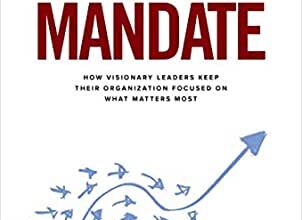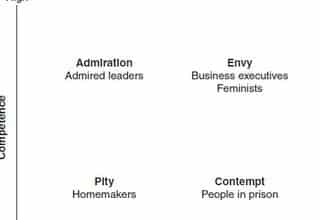When you think about success, are you aspiring towards a quick win or a long-lasting career? There’s no magic formula to ensure a lengthy track record, but Rob Lowe has some advice that will make your success more likely.
Rob Lowe has been an internationally acclaimed actor for over 30 years. His career has spanned the 1980s (The Outsiders, St. Elmo’s Fire), 1990s (Wayne’s World, Tommy Boy), 2000s (The West Wing), and 2010s (Parks & Recreation, The Grinder) – these are just a few of my favorites; to list all of Lowe’s work would be a website all on its own. The point is that Lowe knows something about maintaining a successful career over a long period of time.
In a recent interview, Lowe discussed how when faced with adversity, he’s been able forge ahead.
The main thing for me is if something bad happens, my first instinct is ‘What can I do about it?’ ‘Can I do better?’ What can I not do the next time?’ And I genuinely believe it’s a way forward. But I see a lot of people whose first instinct is ‘I’m a victim,’ ‘society has f–ked me,’ and ‘poor me.’ And that is just not me. Even when I’ve been f–ked over, I don’t go to the victim place.
Avoiding a “whoa is me” mindset may be easier said than done, but that does mean it is unattainable. If it were, you would be sulking over a setback instead of reading a blog about becoming a better leader. Based on what Lowe said, let’s focus on three research-based action items that any aspiring leader can utilize.
Get Introspective
After experiencing a loss, we need to take some time to contemplate what happened. This is not a “feel good” exercise; learning from direct experience is most effective if coupled with reflection. A research study from Harvard found that “intentional attempts to synthesize, abstract, and articulate the key lessons taught by experience” builds confidence and leads to higher self-efficacy and productivity.
Once you decide to get introspective, keep in mind that it’s not enough just to reflect after an obstacle, we need to ask ourselves better questions – questions that are emboldening versus self-defeating, are not designed to beat yourself up, and lead to constructive results. Start with Lowe’s “What can I do about it,” “Can I do better,” and “What can I not do the next time,” and then create a few of your own.
Get Moving
Progress does not happen by standing still. One study found that when compared to sitting in one place, movement had a significant effect on individuals who show signs of despair.
You may not consider yourself prone to moping, but even the most optimistic person will feel the effects of losing a battle. Before you go down the rabbit hole of dejection, focus on action. Use Lowe’s three questions to create a game plan to get back on top. You may not immediately be going in the right direction, but movement is more likely to lead to improvement.
Get Lexiconical
After experiencing a defeat, the nomenclature you choose to use matters. According to Lim Chow Kiat, Group Chief Investment Officer at GIC, her company is meticulous about word choice. For instance, they stress terms like “sustainable results” so employees focus on the long-term success of the company and their clients versus short-term gains. It may seem perceptual, but it sends a message about the leaders’ goals and priorities.
The right words can stimulate or hinder constructive attitudes and behaviors. We need to rephrase loss so it becomes a call to action versus a personal assault. Use words that inspire the team, not attack them.
While unfortunate things happen, this is not an excuse to succumb to victim mentality. If you want an impressive track record of success, brace yourself for the occasional loss. And when they happen, use the opportunity to get better. As Lowe said,
You have to be around long enough to have ups and downs. And everybody has them, even the people who you think, ‘Wow, they’re untouchable’… You know who doesn’t? One hit wonders.








